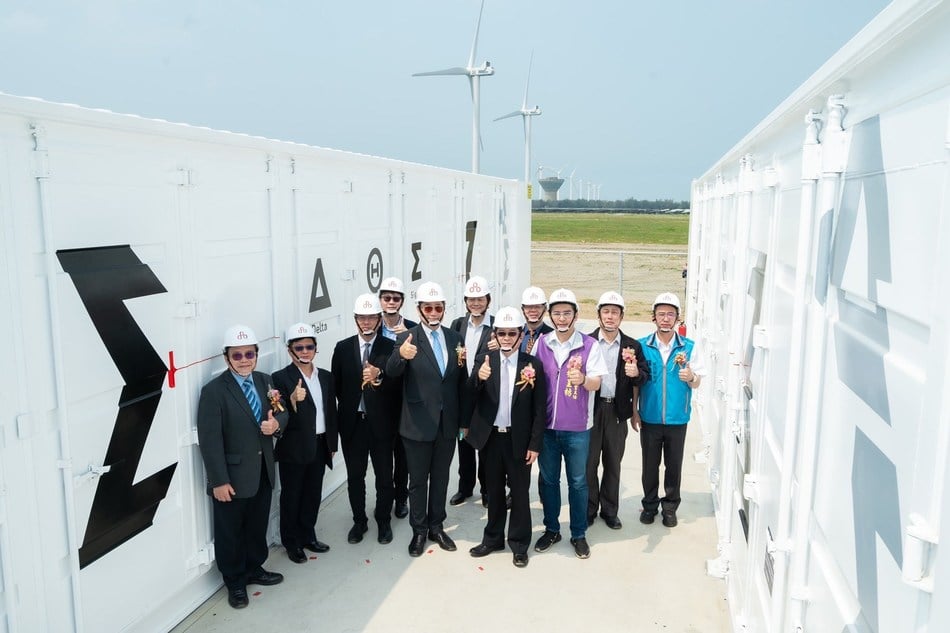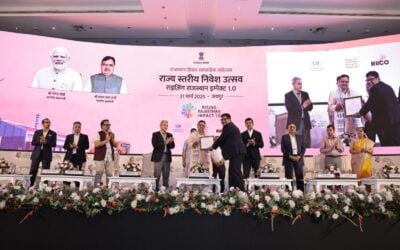
Taiwan Cement Corporation (TCC) has ordered an additional 22MWh of battery storage from NHOA, the energy storage and electric mobility co mpany it acquired a majority shareholding in from ENGIE.
The cement and concrete maker, which has been in business since 1946, acquired a 60.5% stake in NHOA, formerly known as ENGIE EPS, in July last year. In October TCC awarded NHOA a contract for two battery energy storage system (BESS) projects at industrial sites in Taiwan totalling 160MW/420MWh.
Enjoy 12 months of exclusive analysis
- Regular insight and analysis of the industry’s biggest developments
- In-depth interviews with the industry’s leading figures
- Annual digital subscription to the PV Tech Power journal
- Discounts on Solar Media’s portfolio of events, in-person and virtual
Those projects will be split across 110MWh at a cement production plant and 310MWh at an industrial park. Their primary function will be to deliver frequency regulation ancillary services and peak shaving to the grid, through contracts with Taiwan’s transmission system operator TaiPower.
Those awards followed the announcement of an initial 10MWh project at the cement plant, HePing, and TCC said last week that it will be that first HePing project that will be expanded to 32MWh capacity.
The project is scheduled for commissioning later this year, while manufacturing of equipment for the two larger projects has already begun and installation and is set to begin in early 2023. The smaller plant will perform similar applications to the larger ones.
TCC chairman Nelson Chang gave a speech last month at the company’s AGM which emphasised the growing need for energy storage in Taiwan, as well as the growing importance of energy storage to TCC’s own business lines.
Together with an upstream battery manufacturing business that it also owns and related interests, TCC has made clean energy and energy storage a priority area for expansion. Chang said at the AGM that supporting Taiwan’s renewable energy aims to deploy 27GW of renewable energy by 2025 and 45GW by 2030 will require 5GW and 9GW of energy storage respectively.
Taipower’s Automatic Frequency Control (AFC) ancillary services tenders have kickstarted the market into action with other tranches of frequency regulation procurement to come, while the long-term value of battery storage for integrating solar to the grid and managing peak demand is considered a driver that will grow in importance for the market.
So far renowned international players like Fluence and Powin Energy have entered into the Taiwanese market in the past year or two, along with domestic companies
TCC itself is targeting carbon neutrality and is active internationally – Italy-headquartered NHOA has operations in 26 different countries – and Chang said the company and its subsidiaries will deploy 400MWh of energy storage by the end of this year and nearly 3GWh by 2024, while its battery manufacturing arms will arrive at 3.3GWh annual production capacity by that time.
NHOA, for its part, published a business strategy last year which included the goal of growing its business tenfold by 2025, including targeting 1.7GWh of battery storage deployments, growing its energy storage development pipeline to €10 billion (US$10.73 billion) potential value and increase annual revenues to more than €600 million with an EBITDA margin of >10%.






